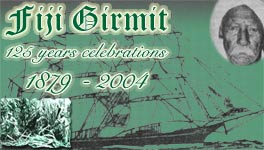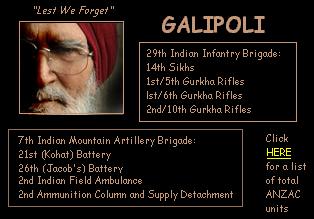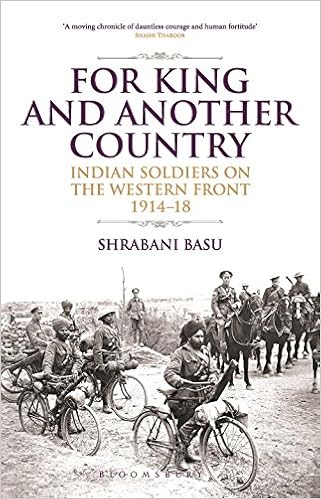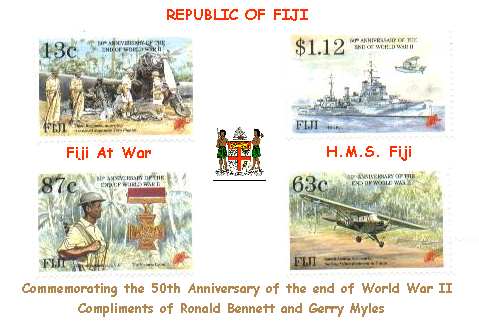







|
for Australian Information Economy To:Business Review Weekly FORUMS, Sydney, NSW Conference: Information economy Date: Tuesday, June 06, 2000 12:37 AM Australia, New Zealand and other 'first world' countries will benefit from the disaster which has befallen our tropical paradise. Many Fijians, of South Asian, Indigenous and other communities, who are hard-working, ambitious and skilled in 'Information Technology', will be looking to Australia, for opportunities denied them at home. Alas, Fiji will lose these talented individuals, who will reluctantly leave their homeland for the sake of their children's future prospects. Case in point: In the field of Medicine, an Indo-Fijian, residing here in Canada [since the last coup in '87], is to be awarded the prestigious 'Order of Canada', for his excellent work in Diabetes Research. Dr. Yogesh Patel could have brought this honour to the Fiji Republic, had circumstances been otherwise. Besides the 'well-educated' Fijian migrants, the Australian and other governments should also encourage the displaced sugarcane farmers to come and work for mutual prosperity. We are only seeking a chance to succeed. Please open your doors to us. |





IN MEMORY OF
the sudden passing
on of Mr. Arvind Singh
of Fijiwala.
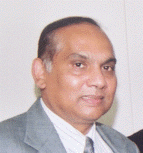
Mr. Singh
succumbed to a heart attack,
Jan 30th 2001 5:00pm Vancouver time.
He was a
dedicated community worker
with a motto of "service to
all in need".
